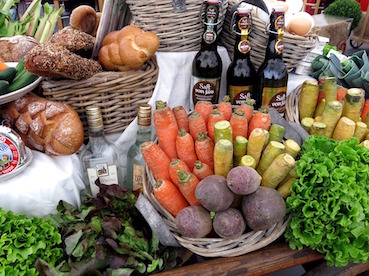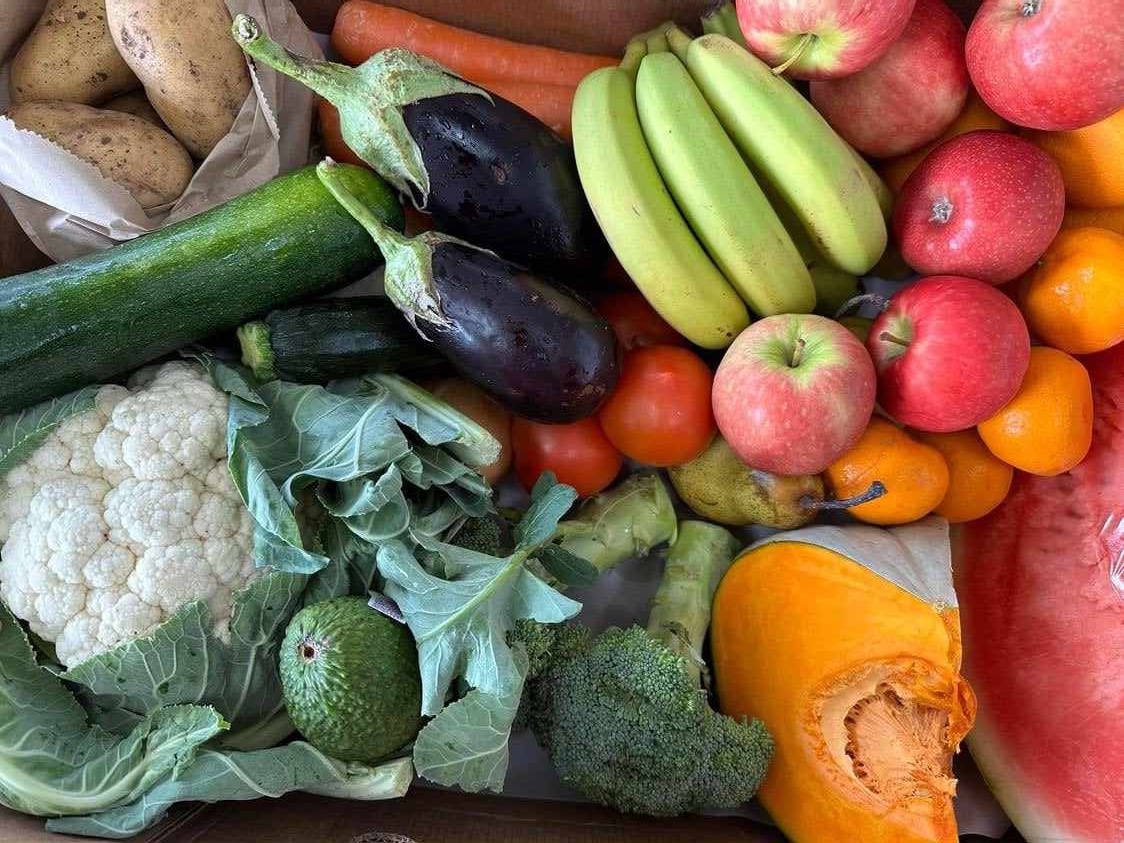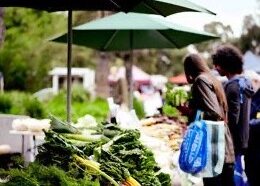Model
Farm Shop (on-farm / on roadside / online)
As the name suggests, this model involves the establishment of a retail store to enable direct-marketing to customers. This can be in the form of an on-farm shop, by a roadside, online or a mix of these.A direct marketing approach to selling is often a viable option for small-to-medium producers who benefit from direct relationships with their community and customers and who can enjoy better prices than those selling into the conventional wholesale market.
Running a Farm Shop effectively cuts out the middleman and the costs associated with this, allowing for higher margins. There is, however, often a greater investment of time and resources to build a customer base. This model suits producers who have opted for high value production practices such as free range, organic, biodynamic, diversified crops etc.
Farm Shops are also more common amongst farmers who live within close proximity to a town or city, with a continuous access to market. They are also common amongst farmers who value transparency and are happy to invite customers in to learn about their farming style.
When considering whether to set-up a Farm Shop it is important to assess the farms’ ability to support the initial start-up costs, support the opening hours, offer affordable delivery options for online orders, administer the chosen system or program and look at how to supplement farm income whilst the direct marketing approach grows.
Some farmers have taken on creative approaches to raising capital to support such ventures, for example Tammi Jonas from Jonai Farms conducted a crowd funding campaign to fund an on-site butcher.
The one major drawback or consideration when it comes to setting up a Farm Shop or similar is that you do reap the rewards of grouped markets, where customers are driven to a larger set of vendors for more convenient shopping and greater variety of products.
A Farm Shop, often coupled with some group marketing activities such as attending farmers’ markets, has seen many producers move completely away from conventional wholesale arrangements, where they now enjoy better prices and a closer connection with their customers.
This great article “Emerging Classification Scheme for Local Food Business Models” talks about the pros and cons of direct marketing vs “value based supply chains” where scale can be achieved through collaboration (while also maintaining source identification and control).
Stories
Ravens Creek FarmNinety Mile Biodynamics Lamb & Beef (VIC)
Jjaras Farmgate & Cafe (VIC)
Resources
Although developed for slightly different contexts, here are a couple of very basic marketing guides that might be useful for farmers thinking about building a loyal customer base.
Making Local Food Work: Influencing consumer buying behaviour
The DIY Marketing Guide for Community Supported Agriculture
Food Solution – A Community Food Enterprise Start-up Guide (From chapter 2 onwards)
Browse our other marketing resources on the public library here

Latest Resources
Can we help?
Have an idea, a project or a question? Want help using the Open Food Network software? Get in touch and find out how we can help you with it.
Keep in touch
Join us
Create a listing, shop or group directory on the Open Food Network. Tell me more!

Read our Terms and conditions | Find us on GitHub
Open Food Network is a free and open source software platform. Our content is licensed with CC BY-SA 3.0 and our code with AGPL 3.
We take good care of your data. See our cookies policy




